Choosing and implementing a new database for your organisation can feel like a dauting task.
In order to help you on your way we've put together a 7-step process complete with templates to help.
Before you dive into the content below which is all about the options out there we strongly recommend that you take a step back and think about the process as a whole. This includes scoping the project and your organisation's requirements right through to implementation and future improvement.
A CRM (Customer Relationship Management) system enables you to record who you work with, how you engage with them and what the impact of that is. In a charity context, the "customer" can be your members, donors, volunteers, partners, people you want to make aware of your services, commissioners, funders, the public…the list goes on.
The types of system on offer can be roughly divided into 4 areas:
1) Build your own - code
These are complex systems which can cater for pretty much any scenario you can imagine and can cover all aspects of your work. They offer templates for charities but they will require serious customisation to fulfil their potential which means you'll need help unless you have a database wizard in house.
2) Build your own (no code/low code)
These allow you to build your own database using drag and drop tools. Although that sounds like a big undertaking they are quick to learn and a great next step up from using spreadsheets. You'll need someone in house with enthusiasm and time to get you up and running as the drive to build and adapt need to come from within.
3) Off the shelf All rounder - Customise & configure
The heavy lifting has been done for you with these systems which offer comprehensive solutions for most charities’ requirements. They are built by people who know the sector and who can provide knowledgeable help and support. But you might find you need to compromise as these systems are not individually tailored but built for a larger audience.
4) Area specific tool
These tend to have a specific focus like impact measurement or fundraising often because they started life in that area and then, thanks to user demand, added on functionality to make them more comprehensive systems. Great if you need that specific area of functionality but less applicable if not.
List of CRM options
This is not a definitive list of CRM options: they are the ones we've come across frequently in our work with small charities. The cost is very rough as pricing methods vary enormously and change all the time. Please go to the vendor site to get a more accurate picture.
Use the scroll bar at the bottom to move across the page or better still, use the option View larger version at the bottom to see the whole grid.
